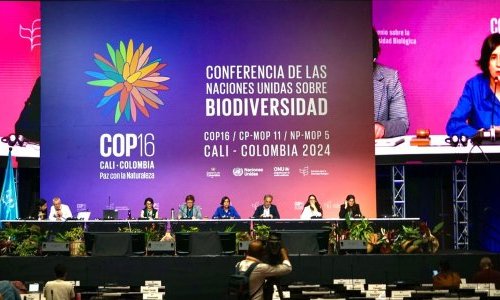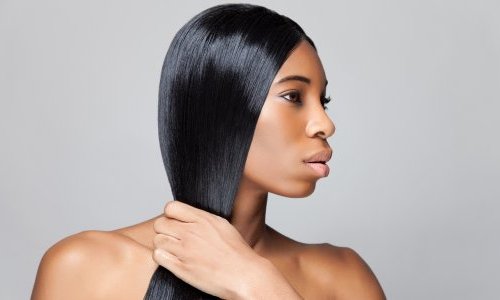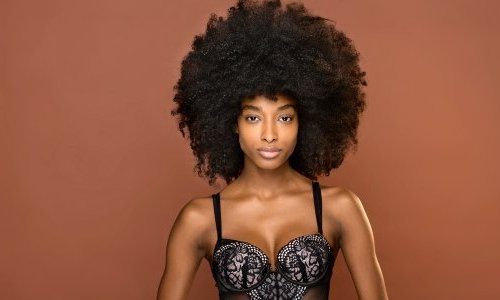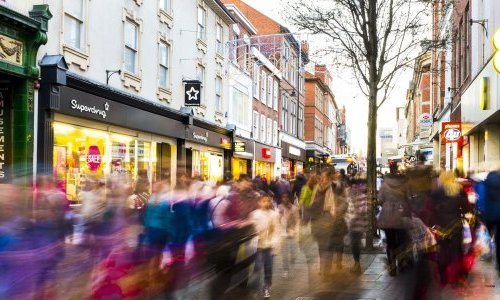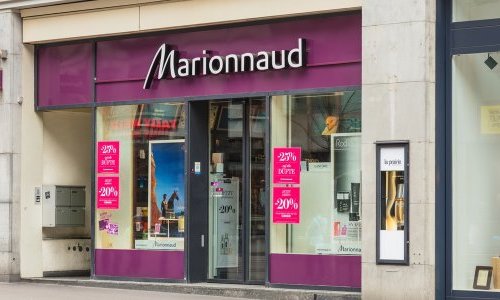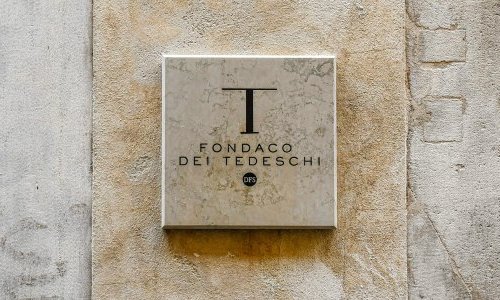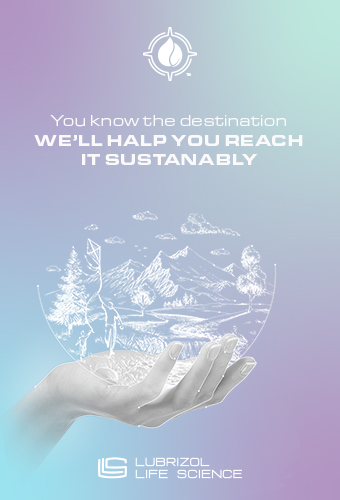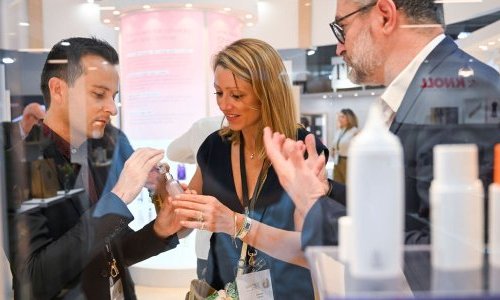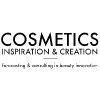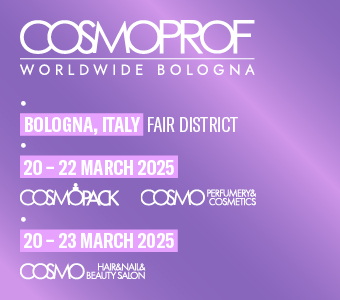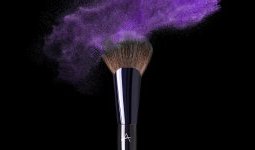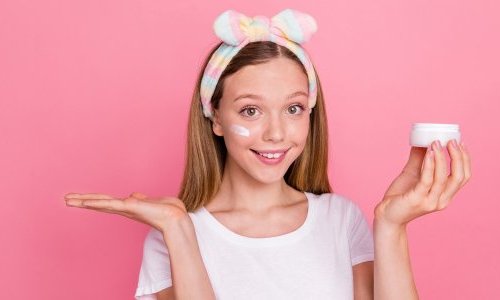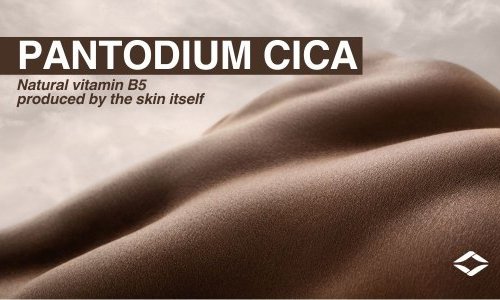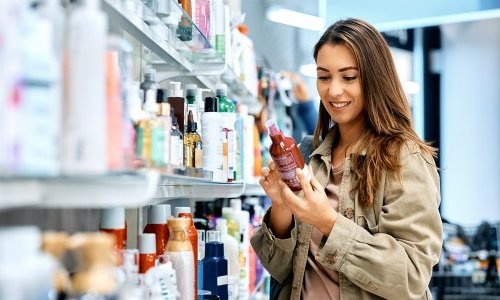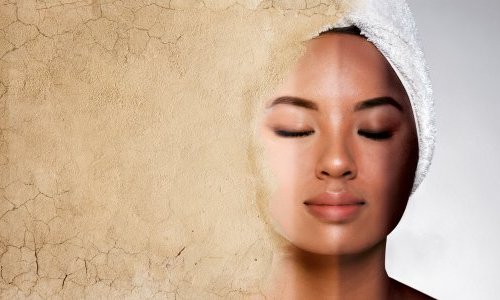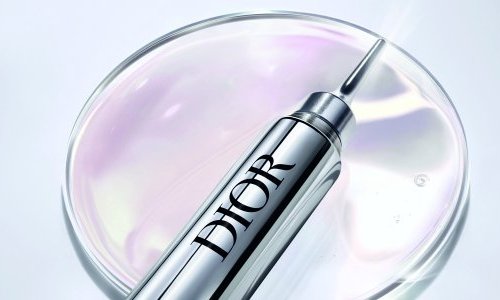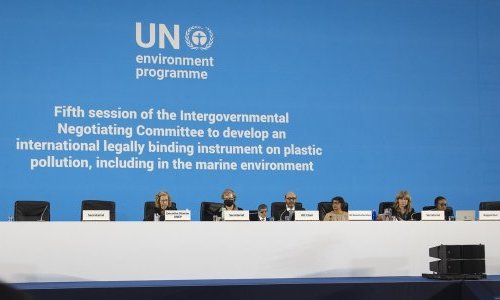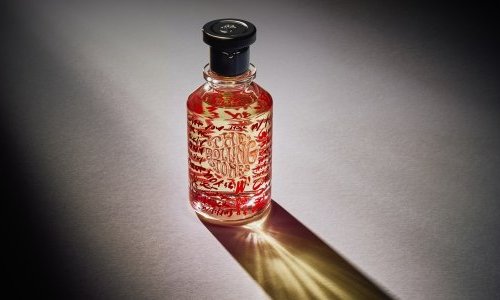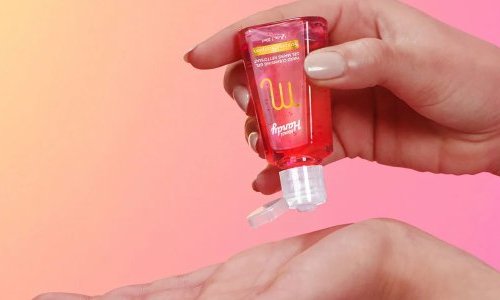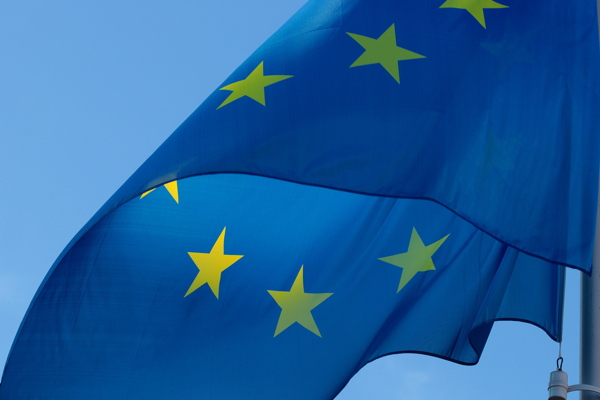
ANSM has requested for all non-rinsed cosmetic products containing phenoxyethanol to be labelled with the words "do not use on the buttocks of infants less than three years." [1]. Companies marketing these products will have a period of nine months (until December 20, 2019) to comply to this measure, which concerns all non-rinsed cosmetics containing phenoxyethanol, with the exception of deodorants, hair styling and make-up products. In practice, the text targets more particularly the wipes used to clean the nappy area of babies.
Phenoxyethanol (or phenoxy-2-ethanol) is a germicidal and germistatic glycol ether commonly used as a preservative by the cosmetics industry. European regulations [2] require its concentration in cosmetics to be limited to 1% in the formulas of finished products.
Contradictory opinions
Suspected of reproductive toxicity, phenoxyethanol has been in the crosshairs of the French agency for several years now. In 2012, as a precautionary measure, the ANSM recommended not using this preservative in cosmetic products intended for the nappy area of babies and that its maximum authorised concentration threshold for use as a preservative should be lowered to 0.4% in cosmetic products for infants less than three years. Subsequently, in its opinion of October 2016 [3], the European Scientific Committee for Consumer Safety (SCCS) considered that phenoxyethanol used at 1% in cosmetic products was safe for use whatever the age group.
In its decision taken "as a precautionary measure, in order to guarantee the safe use of cosmetic products intended for infants", the ANSM explains that it relied on "new scientific data concerning exposure to phenoxyethanol". After the publication of the opinion of the European scientific committee, the ANSM has indeed wished to continue its investigations and in 2017 formed a temporary specialized scientific committee (CSST) consisting of experts in toxicology, epidemiology, expology, dermatology and allergology with the aim of evaluating the advisability of maintaining its 2012 recommendations. These experts came to the conclusion that "the 2012 recommendation for the non-use of phenoxyethanol in cosmetic products intended for the nappy area of babies should be maintained." These experts also expressed the wish to extend this recommendation to all cleansing wipes, even those intended for adults, as they are frequently used to clean the buttocks young children. "In all other cosmetic products intended for children less than three years, the maximum concentration of phenoxyethanol could remain at 1%."
The opinion of ANSM is therefore directly opposed to the EU’s. In such a situation, Article 27 of the European Cosmetics Regulation [4] provides that the Agency will have to communicate to the Commission and the competent authorities of the other Member States any supporting data on which it bases its decision so as to determine, as soon as possible, whether the provisional measures are justified or not.
Legal battle
COSMED and FEBEA, the professional trade associations defending the interests of French cosmetics manufacturers, have already indicated that they would use the various means of redress available to have the validity of the ANSM decision re-examined. The FEBEA has announced in particular its intention to refer this decision to the Conseil d’État (French highest administrative jurisdiction) for suspension and then cancellation. The FEBEA also asked Cosmetics Europe, the Brussels cosmetics industry lobby, to immediately refer the matter to the European Commission.
On the eve of this legal battle, two scenarios are therefore to be considered:
– Either the provisional measure decided by the French health authorities is considered groundless by the European authorities, in which case the Commission will inform the Member States and the ANSM will have to repeal its text without delay;
– Either the French provisional measure is considered justified (probably after a new SCCS opinion is issued) in which case the European regulation will have to be modified.
Whatever the outcome of the procedure, phenoxyethanol appears to be again in the hot seat. At a time when apps assessing the safety of cosmetic products are mushrooming, and ‘clean beauty’ being a buzzword in the cosmetics industry for some times, there is a fair chance that the days of this substance are already numbered, even though it is of interest to formulators.



